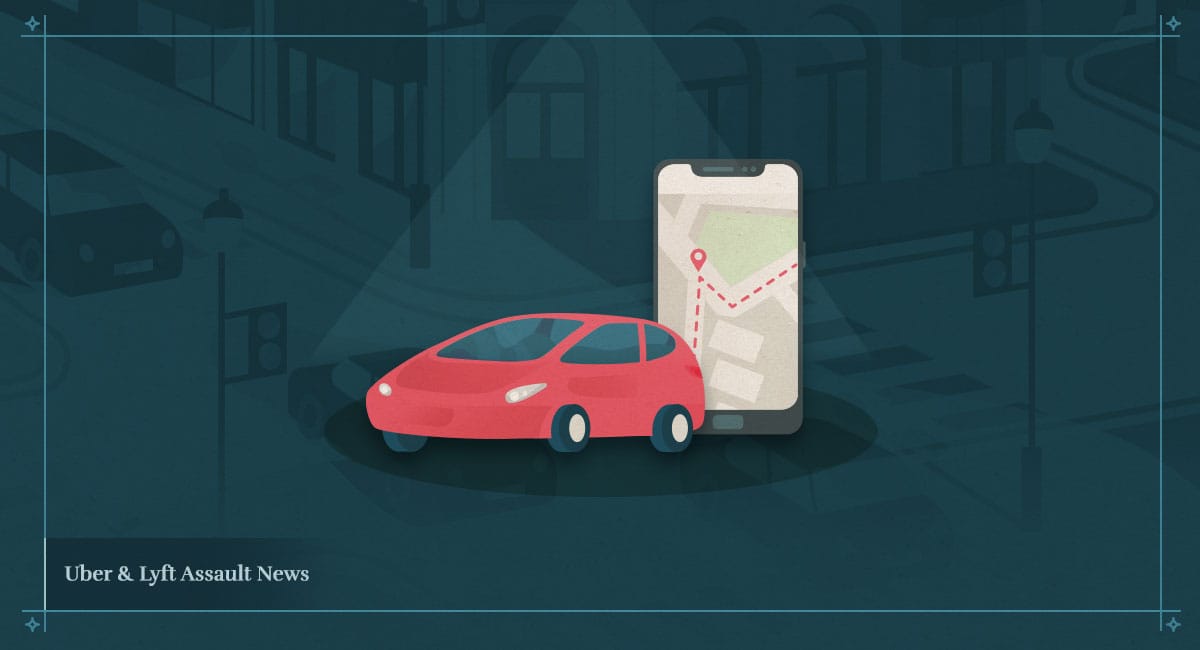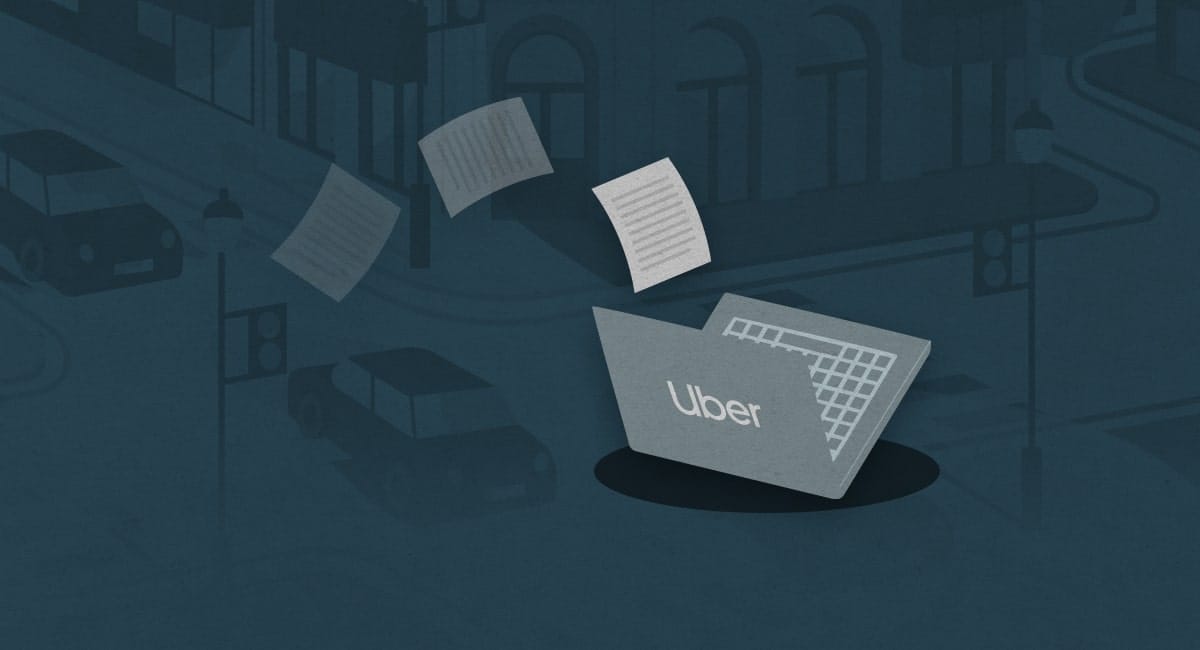Uber & Lyft Create Danger For Drivers
Rideshare policies pressure drivers to work in dangerous situations. As a result, many drivers must choose between their livelihood and their lives.

Rideshare assault is a daily threat for Uber and Lyft drivers. Incidents of violence and carjackings have increased since the start of the COVID-19 pandemic. Despite this increased risk, many drivers have completed rides that made them feel unsafe.
Unfortunately, as members of the gig economy, Uber and Lyft drivers have fewer rights than full employees. The fear of losing their income has pressured many drivers to complete rides even under dangerous circumstances.
Rideshare Drivers Need More Protection
Rideshare services have done little to prioritize the safety of their drivers. In fact, some policies, including tracked cancellation rates and ride challenges, actively create a dangerous working environment.
Cancellation Rates
Uber and Lyft both track a driver’s cancellation rate. In 2017, Uber stopped using these metrics to determine promotion eligibility. However, Lyft continues to do so.
Rides canceled by a Lyft driver count against their total acceptance score. In all states except California, a lower acceptance score will disqualify a Lyft driver from certain monetary bonuses.
This use of cancellation rates has pressured some drivers to risk their safety to complete rides.
Ride Challenges
Uber and Lyft also encourage drivers to participate in “ride challenges.” They reward drivers who complete a certain number of rides within a limited amount of time.
Additionally, Uber rewards drivers for making multiple consecutive trips without any cancellations. Breaking a streak can cost a driver a significant bonus.
Many gig workers rely on driving to make a living. For some, losing extra income in favor of safety may not seem like an option. These pay structures pressure drivers to complete as many rides as possible, even when assaulted by a passenger. In some cases, drivers have finished rides while grievously injured.
Uber Driver Shot In Chicago, Ride Not Canceled
In October 2021, a Chicago rideshare driver was shot in the back by his passenger.
After picking up a man named Luis, Uber driver Adebayo Adeyemo began to feel uncomfortable. Luis was acting strangely. At one point, he made racial comments about Adeyemo, who is Black.
Despite these warnings, Adeyemo chose not to cancel the ride. He feared doing so would increase his cancellation rate.
Shortly after driving onto the expressway, Luis shot Adeyemo in the back. Adeyemo drove himself to the hospital. There, the assailant fled, and Adeyemo received treatment for a ruptured spleen and fractured ribs. Police took Luis into custody two days later.
“I am scared for myself, and all my fellow drivers […] We really need movers help to make this a safe experience for everyone.”
Many rideshare drivers have been assaulted by passengers. Lenny Sanchez, who drives for Uber and Lyft, had a passenger threaten him with a gun. Although he was uninjured, the experience prompted him to take a break from driving.
Sanchez is also an organizer for the Independent Drivers Guild. He advocates for increased safety features to protect drivers.
“He immediately got in my vehicle, brandished the weapon, told me he was going to blow my head off.”
Uber and Lyft have added several new safety tools since 2019. But, many rideshare assault survivors feel the companies are not doing enough. Some are suing Lyft and Uber to hold them accountable.
Drivers Sue Uber & Lyft After Assaults
Uber driver Adeyemo sued Uber to help cover his medical expenses. His is just one of many survivors who has filed an Uber lawsuit. These lawsuits accuse the rideshare company of negligent behaviors.
As of September 2021, Uber and Lyft have faced hundreds of civil lawsuits and nearly 1,000 assault allegations. Survivors claim rideshare companies are aware of the dangers posed to users. Despite this, the companies have failed to take necessary preventive measures.
Rideshare services have been slow to respond to these allegations. In some cases, their response has been antagonistic, blaming victims for their assault. But, survivors and advocates continue to apply pressure. Their pursuit of justice may incite change and help prevent future assaults.
Sources
- 1
Bond, S. (2019, December 5). Uber Received Nearly 6,000 U.S. Sexual Assault Claims In Past 2 Years. NPR.
- 2
Farviar, C. (2021, April 24). Gig workers fear carjacking, other violence amid spike in crimes. NBC News.
- 3
Hickey, M. (2021, June 14). Uber, Lyft Are Rolling Out Security Improvements Amid Carjackings And Attacks, But Is That Enough For Rideshare Drivers To Feel Safe? CBS Chicago.
- 4
Hickey, M. (2021, December 29). Driver Sues Uber After Passenger Shot Him, Says He Felt Pressured Not To Cancel Ride Despite Sense Of Danger. CBS Chicago.
- 5
Lyft. (N.D.) Acceptance rate. Retrieved January 26, 2022.
- 6
Lyft. (N.D.) The driver’s guide to bonuses. Retrieved January 26, 2022.
- 7
Uber. (N.D.) Driver Promotions. Retrieved January 26, 2022.
- 8
Uber. (N.D.) Tracking Acceptance and Cancellation Rates. Retrieved January 26, 2022.

